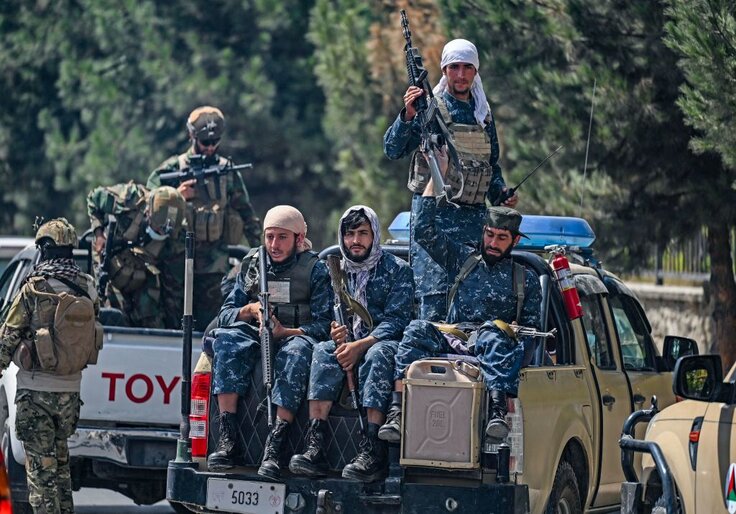The U.N. rights chief accused Afghanistan's ruling Taliban on Tuesday of a "shocking level of oppression" of women and girls and said human rights in the country were in a state of collapse.
The Islamist Taliban regained power in August 2021 after a two-decade insurgency against the Western-backed government and have deeply restricted the rights and freedoms of women and girls through bans on education and work.
"Human rights in Afghanistan are in a state of collapse, acutely affecting the lives of millions of women, men, girls and boys," U.N. High Commissioner for Human Rights Volker Turk told the Human Rights Council in Geneva.
"The shocking level of oppression of Afghan women and girls is immeasurably cruel," he added.
The Taliban seized power in August 2021, following the Biden administration's disastrous withdrawal from the country. Amid the pullout, 13 U.S. service members were killed in an ISIS suicide-bombing, and the United States killed 10 civilians in Kabul in a botched drone strike.
Secretary of State Antony Blinken on Tuesday defended the administration's "incredibly difficult" decision to withdraw, saying the White House would work to hold the Taliban accountable for women's and girls' rights .
A Taliban spokesperson was not immediately available for comment. The Taliban say they respect women's rights in line with their interpretation of Islamic law and local custom.
Turk's speech coincides with the publication of a U.N. report covering the period March 2022-Aug 2023 which notes a "systematic regression of the rule of law and human rights in Afghanistan, particularly with regard to the rights of women and girls".
It documents various alleged violations including 324 cases of violence against women and girls including murders—or so-called "honour killings"—as well as beatings and child marriages.
The report did not give a comparison with the pre-Taliban period under U.S.-backed President Ashraf Ghani, but such abuses have not been uncommon in Afghanistan's recent history.
It also said it had frequently documented instances of women being harassed or beaten at checkpoints by Taliban authorities for not wearing the hijab (hair covering) correctly or sent home from the market for lacking a male "mahram" (guardian).
The 47-member Human Rights Council agreed in 2021 to appoint a U.N. independent expert to examine rights violations in Afghanistan and the European Union hopes to renew the mandate at the ongoing session in Geneva that runs through to Oct. 13.
(Reporting by Emma Farge; editing by Mark Heinrich)
